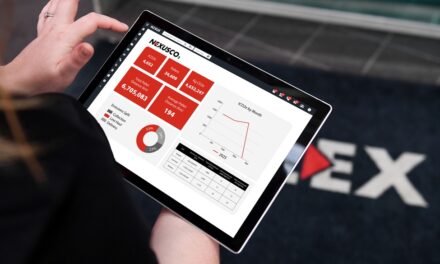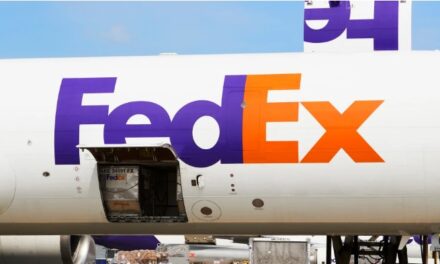
FedEx slashes costs amid traffic and earnings fall
Like most aviation and logistics companies around the world, Federal
Express (FedEx), is feeling pressure from the global economic slump. Traffic is down and, with it, earnings.
In the face of this adversity, FedEx is cutting costs. It is
discarding 29 ageing cargo aircraft and trimming expansion plans.
There is also a hiring freeze and employees know enough not to
expect a bonus from the company's profit-sharing programme at the
year-end. So FedEx executives are more than eagerly anticipating China's
growth after its entry into the World Trade Organisation as one
light which will help them rekindle the company's prospects. So far in the past year, FedEx has nearly tripled its flights into
the world's most populous country, going from four flights per week
at the end of last year to the present 11. It has also increased the number of cities in its mainland network
to 190 from last year's 144. Shenzhen has been added to Beijing and
Shanghai as an operating hub. The company expects to have 290 cities in its mainland network
within five years. "We have anticipated [China's accession to the WTO] for a while, so
we have been deepening our network to prepare for it ahead of time,"
said FedEx regional vice-president of China and mid-Pacific, Eddy
Chan Ka-leung. According to Mr Chan, FedEx and its logistics and express cargo
competitors will benefit in two ways. "We will be helped by an increase in exports in the post-WTO
environment," he said. Even more importantly, China's WTO membership will accelerate the
shift from state-owned enterprises (SOEs) to a focus on the growth
of more nimble private companies. "Traditional Chinese companies have no knowledge of modern logistics
management. Many still tend to think that warehouses should be as
big as possible and stuffed with as much inventory as possible. This
will change," Mr Chan said. "Unlike the old SOEs, private enterprise emphasises cost control and
efficiency, conditions which benefit us. So that change will help
the growth of FedEx and our competitors in China." China's growth in the past several years has already exceeded the
company's expectations. "[Gross domestic product] growth has been consistently over 7 per
cent every year and the growth of the express cargo business has
been over 20 per cent per year. The growth will stay this way for
the foreseeable future," Mr Chan said. Some of the changes have already begun.
In recent years, Mr Chan said there has been a radical improvement
in roads, airports facilities and the demeanour of customs
officials. "All these things will help the industry also," he said.
Besides deepening its mainland network, FedEx, which was recently
named as one of the best employers in Asia by an Asian Wall Street
Journal survey, said it planned to place more emphasis on staff
training to develop its business in China. Each year, between 10 and 20 of its mainland staff are selected to
undergo 15 months of management training, with some seconded to
FedEx operations in other parts of the world to gain experience. Mr Chan said upgrading staff skills was an important element of
FedEx's development in each of its markets – the company boasts that
more than 91 per cent of its management personnel were internally
promoted from the company's lower ranks.
Copyright 2001 South China Morning Post Publishers Ltd.
Source: World Reporter (Trade Mark) – Asia Intelligence Wire.
SOUTH CHINA MORNING POST, 10th September 2001












